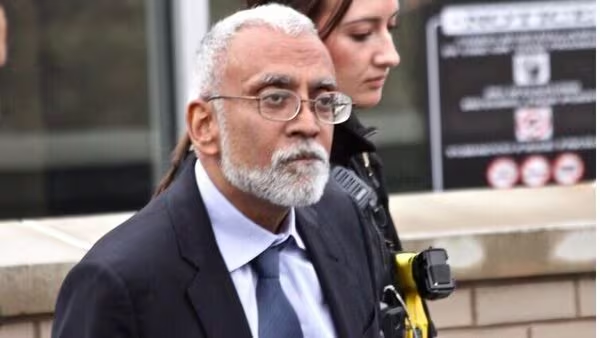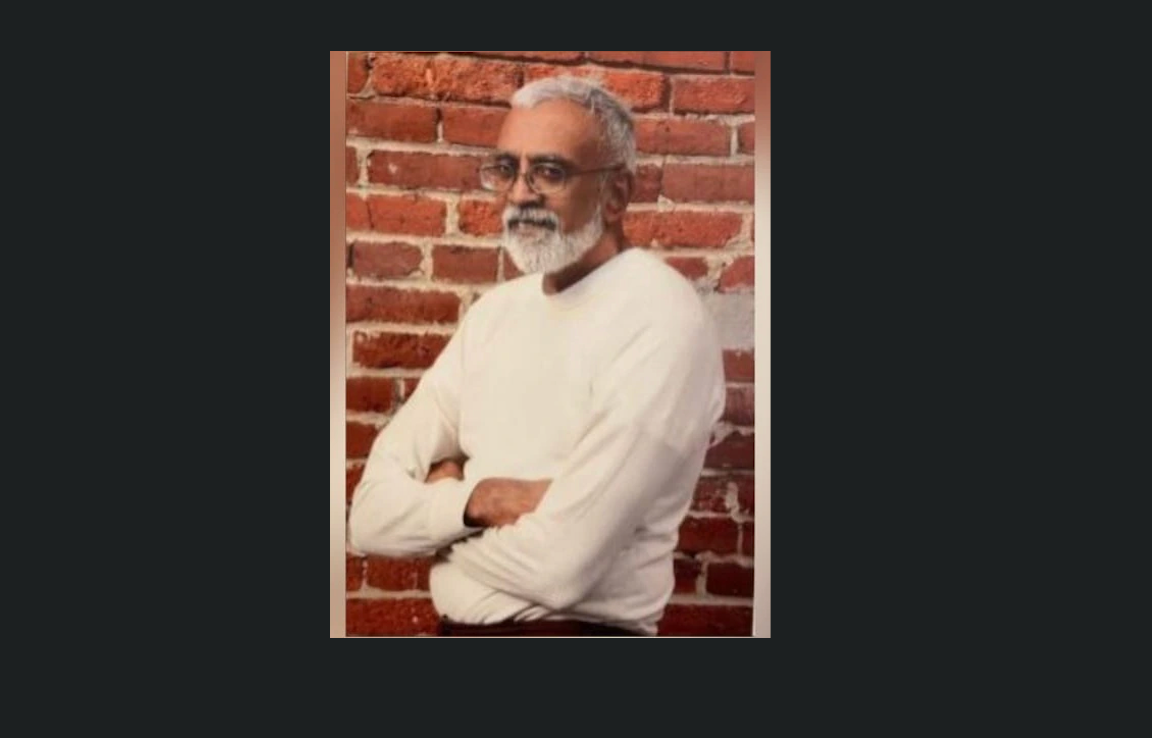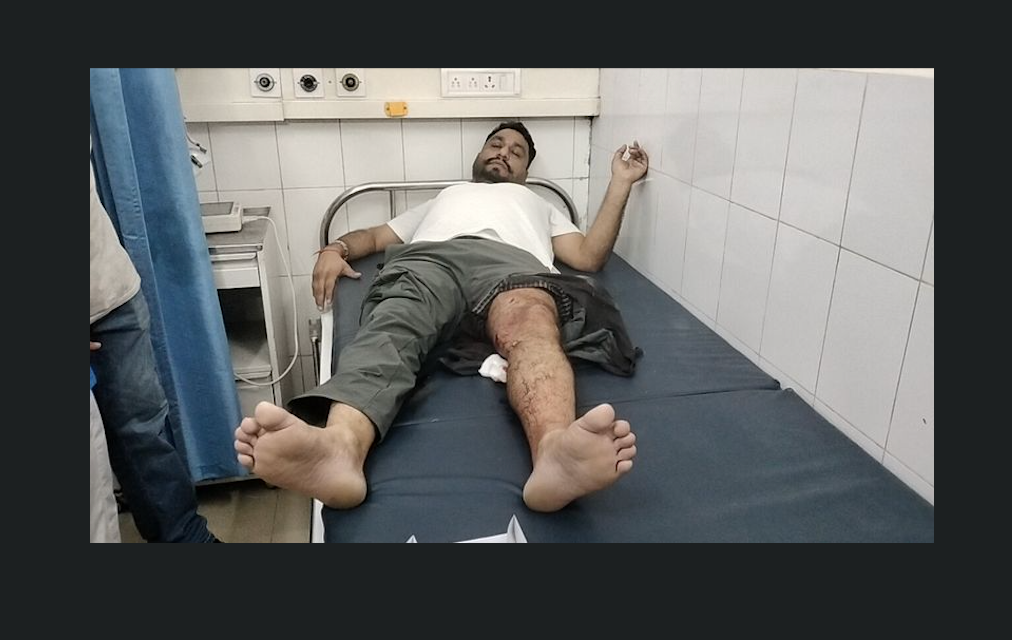Subramanyam Vedam’s conviction overturned after court finds prosecution hid crucial FBI evidence; faces possible deportation to India
After spending four decades behind bars for a 1980 murder he always maintained he didn’t commit, 64-year-old Subramanyam Vedam, an Indian-origin man, was freed from a Pennsylvania prison on 3 October 2025. His conviction was overturned after a US court found that prosecutors had suppressed key FBI evidence that could have proven his innocence, reported theprint.in.
Freed from prison, Vedam has now been taken into the custody of the US Immigration and Customs Enforcement (ICE) and faces possible deportation to India, even as his legal team fights the order.
The Court of Common Pleas of Centre County, in a post-conviction hearing, found that prosecutors violated Vedam’s due process rights by withholding FBI notes and forensic data that contradicted their theory. Judge Grine ruled that the Commonwealth’s actions deprived Vedam of a fair trial, vacating his conviction and ordering a new trial.
On 2 October, Centre County District Attorney Bernie Cantorna announced that his office would not retry the case, citing the passage of time and the lack of viable evidence after decades.
A 1980 murder that changed a life
At just 20 years old, Vedam was charged with the murder of his classmate Thomas Kinser, who went missing from State College in 1980. Kinser’s remains were found the following year with a bullet hole in the skull, and Vedam was accused of shooting him with a .25-calibre handgun.
A witness testified that Vedam had purchased and tested such a weapon, leading to his 1983 conviction—later retried in 1988, when he was again found guilty and sentenced to life imprisonment.
For years, Vedam insisted that the forensic evidence did not match the prosecution’s claims—an argument that ultimately proved true when long-hidden FBI records surfaced in 2024 and 2025.
- The suppressed evidence that changed everything
- The court’s decision hinged on two major violations of Brady v. Maryland (1963)—a landmark ruling that requires prosecutors to disclose evidence favorable to the defense
One was a handwritten FBI note, suppressed for decades, detailing measurements of the bullet hole in the victim’s skull. FBI data revealed the hole measured 5.9 to 6.1 millimetres, smaller than a .25-calibre bullet (6.35 mm)—proving that the weapon allegedly used could not have caused the fatal wound.
The second was Neutron Activation Analysis (NAA) data, which compared the bullet from Kinser’s remains to one allegedly linked to Vedam. The results, concealed until 2025, showed the bullets came from different batches, further undermining the prosecution’s case.
Court slams “gross distortion” of justice
Judge Grine condemned the Commonwealth’s conduct as a “gross distortion of the Brady doctrine.” The court found that FBI Agent Albrecht’s misleading testimony about the bullet hole size violated Vedam’s rights under Napue v. Illinois (1959) and Glossip v. Oklahoma (2015), which prohibit prosecutors from allowing false or misleading evidence to stand.
The judge concluded that had the suppressed FBI notes and NAA data been disclosed, there was a reasonable probability of a different verdict.
The long road to freedom
Following the revelation, the court vacated Vedam’s conviction and ordered a new trial, but prosecutors declined to proceed. Vedam was finally released from prison on 3 October 2025—more than 40 years after his wrongful conviction.
Despite his release, Vedam’s battle is not over. ICE officials have taken him into custody for possible deportation to India, while his lawyers fight to keep him in the US.
“The Commonwealth’s suppression of the handwritten note containing the FBI measurements and the full FBI file deprived the petitioner of a fair trial,” the court declared—serving as a powerful reminder of the importance of transparency and accountability in the justice system.











